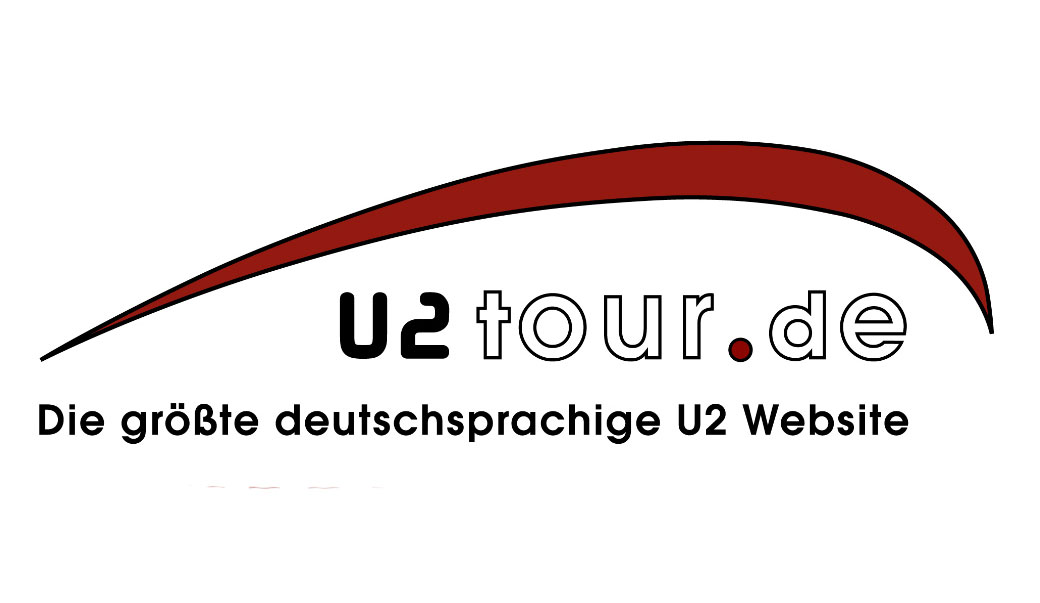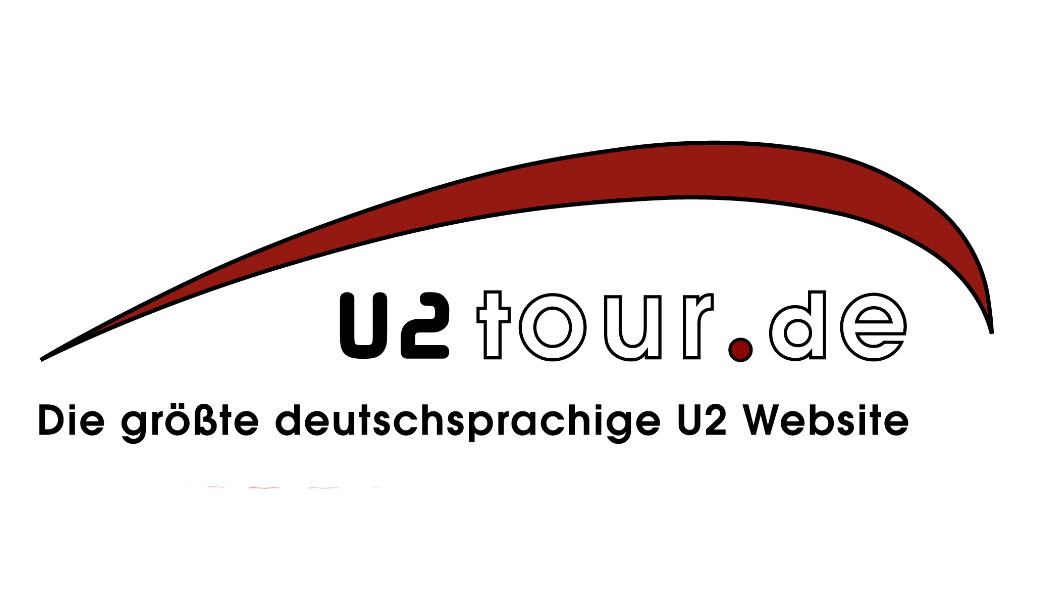Aktuelle News
U2 News » Paul O'Neill und Bono in Afrika
|
Heute wird sich Bono mit dem U.S. Finanzminister Paul O'Neill auf eine elftägige Reise durch Afrika begeben (U2Tour.de 23. März 2002). Gemeinsam wollen sie sich den Themen der Aids-Problematik und der Entwicklungshilfe in Afrika widmen. O'Neill: "In Africa, Bono and I will see several examples of progress toward stable governments protecting individual rights and enforcing contracts - and will witness the private sector growth such progress has unleashed." Im Vorfeld dieser Reise gab Bono dem Magazin allAfrica.com ein umfassendes Interview. Bono: "Secretary O'Neill is a tough guy, that's why they put him in that job, and he actually (laughs), he resisted meeting me. I really had to doorstep and eventually he surrendered and we got on very well." Wir haben für euch das offizielle Statement des Finanzministeriums ausfindig gemacht, indem Paul O'Neill das Programm mit Bono in Afrika bekanntgibt, und den Grund dieser Reise erläutert. FROM THE OFFICE OF PUBLIC AFFAIRS FOR IMMEDIATE RELEASE May 16, 2002 PO-3105 Statement of Secretary Paul O'Neill on eve of trip to Romania and Africa Good morning. I am leaving tomorrow for a two-week trip to focus on economic development. I will first visit Romania, and then I will be joined by Bono, of U2 fame, as I travel to four nations in Africa: Ghana, South Africa, Uganda and Ethiopia. I'm looking forward to traveling with Bono. His compassion is well known. I've come to know him as a substantive person who wants to make a difference. I know that our traveling together has raised eyebrows. I hope it also raises interest in getting serious about achieving real improvements in the lives of the people of Africa. For too long, we've seen too little progress. I traveled to many parts of the world in my private sector days, and I saw heartbreaking poverty. Heartbreaking because we know so much more is possible. We know that human beings everywhere have the potential to succeed. Yet, even as compassionate people and nations around the world send assistance, some nations in Africa have actually lost ground. We must support those African nations and peoples who are working to change the disappointing performance of the last 50 years and help to create conditions that free individuals to reach their human potential. We don't know the perfect formula for development. If we did, our task would be far easier. But we do know certain things: Stable governments protecting individual rights and enforcing contracts are necessary to increase economic growth and raise human potential, Governments encouraging private sector development and innovation can unlock human potential, AIDS and other diseases ravage human potential, and Education unleashes human potential. In short, when people can stay healthy, receive the necessary education and explore their entrepreneurial spirit, then people prosper, productivity grows, and countries advance. This is the premise underlying the President's newly announced Millenium Challenge Accounts. Recognizing and acting on these truths requires strong leadership committed to improving the living conditions of its people. Leaders - national and community leaders -- must be committed to these principles in order for their people to flourish. Once that leadership is in place, development assistance from outside can fuel progress. President Bush is committing $5 billion per year in assistance to nations that rule justly, invest in their people and encourage economic freedom, so that nations taking the right policy actions are rewarded and so that we send US development assistance dollars where they have the greatest chance to make a difference in people's lives. We want to help promote growth opportunities in countries where governments are already working to enhance the environment for private sector development, by promoting individual rights and enforceable contracts, by showing leadership on AIDS, and by investing effectively in education. The President's budget included an 18% increase in funding for the African Development Bank and for IDA, the World Bank assistance program for the poorest nations. The President has also called on the nations who fund IDA to make grants rather than loans for projects that are vital to improving health and education but don't create a direct economic return that can be used to repay loans. As I travel over the next 14 days, I will see first hand some of the progress being made as well as the obstacles we have yet to tackle. My first stop is to attend the EBRD meeting in Bucharest, Romania. The EBRD has devoted much of its work to the development of small and medium size businesses throughout Russia and central Europe, and I will voice my support for that continued focus and encourage more activities in Central Asia. In Africa, Bono and I will see several examples of progress toward stable governments protecting individual rights and enforcing contracts - and will witness the private sector growth such progress has unleashed. Ghana is one of only half a dozen nations in Africa to have held a democratic election and witnessed a peaceful transfer of power to the opposition party in the last decade. That political stability now has been combined with increased fiscal discipline and better economic policies to improve the investment climate, both for foreign and domestic investors. And the results are clear. The economy returned to its decade-long average growth rate of over 4%, and the percentage of the population living on less than $1 per day has fallen. Of course, there's a long way to go. But Ghana is an example of the progress that is possible. I often say capital is a coward, because it's true. Foreign investors don't want to risk their savings in a place where corruption is rampant and contracts aren't enforced. And private citizens are scared off by the same uncertainty, choosing to keep their savings buried under their houses rather than put up a building or buy a machine that they fear could be taken away from them at any time. Political stability and the rule of law are fundamental to the health of any economy. We'll see examples of that as we visit small entrepreneurs and large foreign owned companies in each of our stops in Africa. After making its transition to democracy, South Africa has achieved sound macroeconomic management and endeavors to create opportunity for all of its citizens. In large part, that opportunity stems from the country's political stability and rule of law. But political stability and the rule of law are not enough. Sovereign governments must also invest in their people. Education is key to unleashing human potential. And eliminating or ameliorating major health problems is crucial as well. The African people's economic potential has been ravaged by the spread of AIDS and other infectious diseases. We must bolster local initiatives that are succeeding in taming these threats. The Ugandan government, in particular, has shown leadership in addressing these social challenges. I'm looking forward to learning more about the cutting-edge work there on AIDS and seeing the progress they've made toward universal primary education. Bono and I will visit schools and health facilities in every nation to witness for ourselves the progress being made and the enormous challenges yet to be faced. We'll look at various projects being funded by international development assistance, and we'll insist on hearing about results. Because if we don't demand results, we aren't doing our jobs on behalf of compassionate taxpayers who want to help alleviate poverty, nor are we serving the poor who struggle for an opportunity to improve their own lives. Compassion requires that we be hard-minded and insist that we measure the impact our assistance is having, so that we can constantly improve our effectiveness and participate in the development of human potential in Africa. The trip will wrap up at the African Development Bank Annual Meetings in Ethiopia. In recent years, the AfDB has undergone one of the most far-reaching and comprehensive restructuring efforts ever taken by a multilateral development bank. That these meetings are taking place in Ethiopia is a reflection of our hope for this country, the second most populous in sub-Saharan Africa and one with a long history of charting its own course. We look forward to working with the Ethiopian government, and other reform-minded governments on the continent, to make a real impact in reducing poverty and raising living standards. ©Statement of Secretary Paul O'Neill Mit Sternchen (*) gekennzeichneten Verweise sind sogenannte Provision-Links (Affiliate-Links). Wenn du über einen solchen Verweisklick einen Einkauf tätigst, bekommen wir von deinem Einkauf eine Provision. Für dich verändert sich der Preis nicht. |
|

